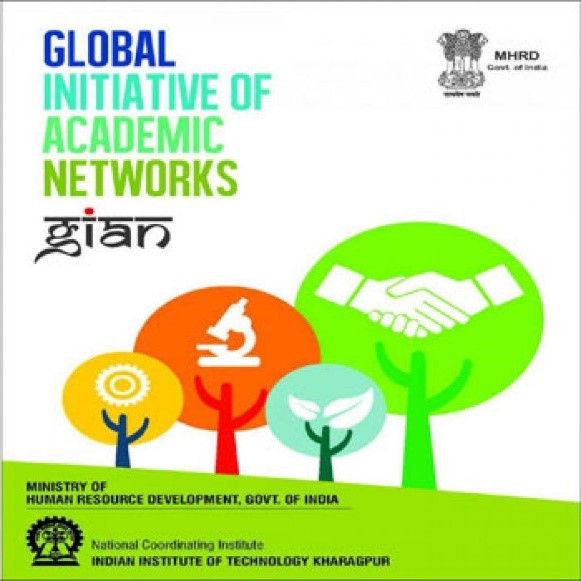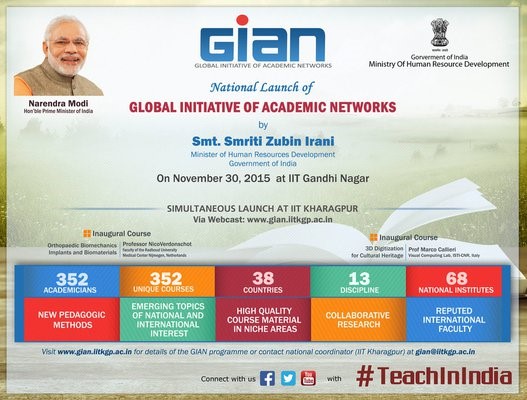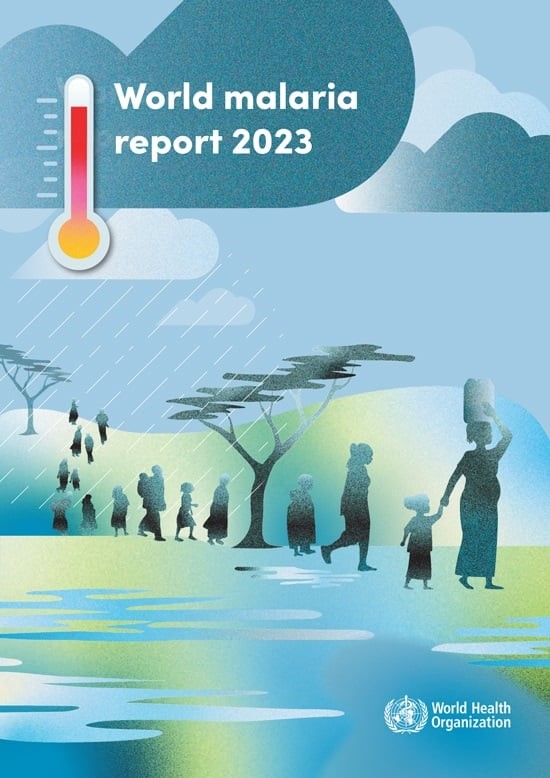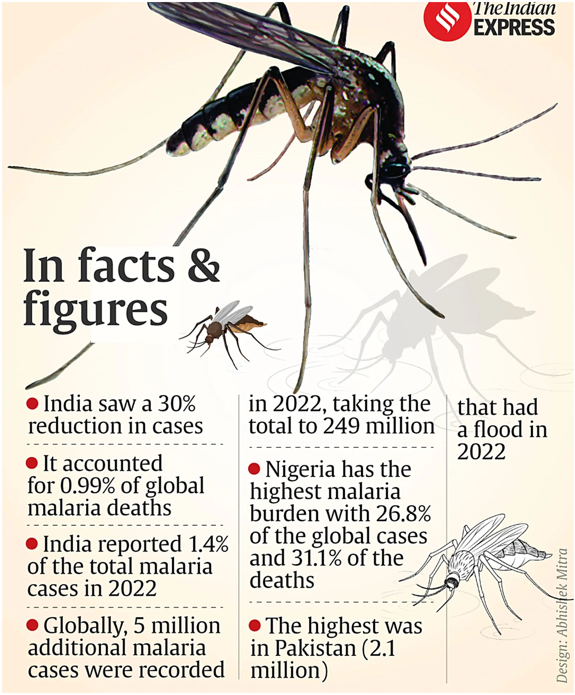Population-Level Genome Sequencing and Its Impact
Context:
The completion of sequencing half a million whole genomes in the UK, accounting for nearly 0.7% of the population, was achieved through the ‘deCODE’ Initiative.
Several countries have initiated large-scale genome projects, some concentrating on specific populations such as those of African ancestry.
About the ‘deCODE’ Initiative
- Established in Iceland in 1996, deCODE genomics engaged a significant portion of the Icelandic population in genetic studies.
The initiative made notable contributions by advancing the understanding of disease genetics and establishing standards for the integration of genomic data with medical records and genealogies.
Merit of Large-Scale Sequencing
- These programs pursue diverse objectives, including comprehending disease prevalence, identifying therapeutic targets, and developing public health initiatives based on genomic data.
- Notably, the UK’s ‘100K Genome’ project demonstrated direct healthcare benefits for participants.
Cost and Accessibility
- The decreasing costs of whole-genome sequencing are increasing its accessibility.
- In the future, a considerable portion of the global population may undergo genome sequencing, offering valuable insights for routine medical diagnostics.
Ethical and Regulatory Challenges
- Population-scale genomics initiatives raise ethical concerns regarding equitable representation and access to genomic discoveries.
- Countries like the U.S. have established regulatory frameworks, such as the Genetic Information Non-discrimination Act, to prevent the misuse of genetic data.
Genomic Initiatives in Asia and India
- The GenomeAsia Project aims to sequence 100,000 whole genomes across diverse Asian populations.
- India’s IndiGen Programme has provided insights into genetic diseases and variants, with plans for a larger GenomeIndia initiative to sequence 10,000 genomes.
Long-Term Impact and Future Prospects
- Population-scale genomics extends beyond individual health, enhancing our understanding of human evolution, migration, and adaptation.
- It sets the stage for personalized medicine based on individual genetic profiles.
- The prospect of sequencing a billion genomes in a single project is on the horizon, emphasizing individuals’ rights to access and understand their own genomic data.
Conclusion
Population-scale genomics stands at the forefront of a genomic revolution, with the potential to revolutionize healthcare, deepen our understanding of human biology, and influence our approach to medicine and biology. This evolving field promises personalized, precise treatments and a more comprehensive comprehension of our genetic heritage.
Centre approves fourth phase roll-out of GIAN Scheme
Context:
The Ministry of Education is gearing up to relaunch the fourth phase of the Global Initiative of Academic Networks (GIAN) scheme.
Global Initiative of Academic Networks (GIAN)
- Introduced in 2015, GIAN is a project overseen by the Ministry of Education, with coordination provided by IIT Kharagpur.
- Its primary objective is to leverage the knowledge and experience of international scientists and entrepreneurs, encouraging their collaboration with Indian higher education institutions.
- The initiative seeks to bolster India’s academic capabilities, expedite quality enhancements, and elevate the country’s scientific and technological standards to a global level of competitiveness.
Key Elements of GIAN
- Foreign experts are compensated with an honorarium to cover their travel and related expenses.
- These international experts or faculty members deliver short-term courses in Indian institutions.
- Initially focused on fostering collaborations between India and the USA, the program has subsequently broadened its scope.
- Course durations vary, ranging from a minimum of one week to a maximum of three weeks.
Foreign experts can receive a total payment ranging up to US$ 8000 (approximately ₹7 lakh) for 12 to 14 hours of teaching, and up to US$ 12000 (approximately ₹12 lakh) for 20 to 28 hours, covering their travel and honorarium.
Re-criminalising adultery as a gender-neutral offence
Parliamentary Recommendation on Adultery Laws: A Gender-Neutral Approach
The Parliament Standing Committee on Home Affairs suggests amendments to the Bharatiya Nyaya Sanhita Bill, 2023, proposing the reinstatement of adultery as a criminal offense but with a gender-neutral perspective.
Understanding Adultery: Definition and Distinctions
- Adultery is defined as a deliberate sexual encounter between two individuals of opposite genders who are not legally married.
- It involves a physical relationship between a married person and someone other than their spouse. Unlike rape, adultery requires mutual consent.
Legal Framework: Indian Penal Code Section 497
- Indian Penal Code Section 497 addresses adultery, stating that engaging in sexual intercourse with another man’s wife without his consent constitutes an offense.
- Penalties for a guilty man may include imprisonment or fines.
- Criticisms have been directed at the gender-specific nature of this law.
Historical Background: Evolution of Adultery Laws in India
- Initially, the Indian Penal Code did not penalize adultery among Hindus due to the sacramental view of marriage.
- Lord Macaulay opposed criminalizing adultery, emphasizing pecuniary compensation for marital issues.
- Despite calls for gender-neutral provisions, changes were slow to materialize.
Supreme Court’s Pronouncement: Adultery as a Civil Wrong
- In 2018, the Supreme Court, in Joseph Shine v. Union of India, declared adultery not a crime, emphasizing privacy and individual autonomy within marriage.
- Adultery remains a valid ground for divorce but is not treated as a criminal offense.
Parliamentary Panel’s Recommendation: Safeguarding the Institution of Marriage
- The Parliament Standing Committee recommends reinstating adultery as a criminal offense but with a gender-neutral approach.
- The committee argues that this change is necessary to protect the sanctity of marriage in Indian society.
Dissenting Views: Opposition to Criminalizing Adultery
- Opposition members argue against treating marriage as a sacrament and assert that adultery should be addressed as an offense against marriage.
- They propose allowing aggrieved spouses to seek divorce or civil damages.
Legislative Overruling: Parliament’s Authority to Amend Laws
- While Supreme Court rulings set a precedent, Parliament can overrule them through legislation if the legal basis is altered.
Recent legal precedents emphasize that legislative action can remedy defects in earlier legislation either prospectively or retrospectively, provided specific issues identified by the courts are addressed.
COP28: Global Stocktake Assessment
About:
The COP28 climate summit in Dubai has brought together representatives from almost 200 countries, including business leaders, climate scientists, Indigenous Peoples, journalists, and various experts.
Given that 2023 is projected to be the warmest year ever recorded, the summit gains significance in evaluating global efforts to combat climate change.
Global Stocktake: Evaluating Progress Since Paris Agreement
- The COP28 marks the commencement of the Global Stocktake, a crucial evaluation of nations’ progress since the Paris Agreement in 2015.
- This thorough assessment involves governments scrutinizing their initiatives to curb global warming, laying the foundation for future actions.
Stakes at Hand:
To address climate change effectively, countries must contemplate implementing more stringent national policies, establishing ambitious goals, and providing financial support to less affluent nations transitioning to clean energy.
The United Nations Climate Change’s Perspective: UNCC’s Call to Action:
The United Nations Climate Change (UNCC) underscores the significance of COP28 as a moment to reflect on the state of the planet and chart a better course for the future. The UNCC positions COP28 as a critical juncture for global collaboration and decisive climate action.
Five-Year Plan: Evolution from COP21 to COP28
- The Paris Agreement’s Inception:
In 2015, COP21 in Paris marked a significant shift in global climate efforts. Unlike the earlier Kyoto Protocol, the Paris Agreement mandated all countries to combat the climate crisis, requiring each nation to set emissions reduction targets, known as Nationally Determined Contributions (NDCs).
- Mandate of the Paris Agreement:
The Paris Agreement aimed to limit global warming to below 2 degrees Celsius from the pre-industrial era, with a more ambitious target of staying under 1.5 degrees Celsius to minimize severe climate change impacts. This mandate included periodic assessments, with the first Global Stocktake scheduled in 2023 and subsequent assessments every five years.
The Initial Global Stocktake Report and Its Implications
UN’s Assessment:
A technical report published by the UN in September 2023, based on the first Global Stocktake, indicated some progress but highlighted shortcomings in global actions. The report emphasized the need for accelerated implementation, a comprehensive societal approach, and increased ambition to align with Paris Agreement goals.
Unveiling Opportunities and Challenges:
The emphasis on good practices and proposals to accelerate implementation demonstrates ongoing efforts to bridge gaps and move towards the goals outlined in the Paris Agreement.
Rising Global Temperatures: A Call to Urgent Action
Alarming Temperature Increase:
Despite some progress, the average global temperature has risen by nearly 1.2 degrees Celsius since pre-industrial times.
This underscores the urgency for nations to collectively address climate change and implement measures aligned with Paris Agreement goals.
Way Forward:
As governments, experts, and stakeholders convene at COP28, the urgency of the climate crisis is undeniable.
The Global Stocktake, designed to hold nations accountable, is not merely an assessment of progress but a call for collective action.
The decisions made at this summit will echo in the trajectory of global efforts to combat climate change and shape the planet’s future for generations to come.
World Malaria Report
Context:
The latest World Malaria Report reveals a sustained reduction in the number of cases and fatalities from the mosquito-borne infection in India.
Key Report Highlights:
- The data indicates a 30% reduction in malaria cases and a 34% decline in deaths in India in 2022 compared to the previous year.
- Globally, there was an increase of 5 million malaria cases in 2022, reaching a total of 249 million, with Pakistan contributing the highest, 1 million, due to a flood in 2022.
- India’s share of total global malaria cases is 4%.
Factors Contributing to Malaria Growth:
- Climate Change and Malaria Risks: The expansion of malaria transmission areas, particularly in the Himalayan belt, is fueled by rising temperatures due to climate change.
2. Impact of Extreme Weather: Malaria can be indirectly exacerbated by extreme weather events, such as heavy rainfall, hindering healthcare access. Effective planning is essential.
Challenges Faced by India:
- Predicament of Vivax Malaria: Vivax malaria, accounting for over 40% of cases in India, presents a challenge due to its recurring nature, often hiding in the liver.
- Issue of Incomplete Treatment: The treatment of vivax malaria demands a 14-day therapy, but many individuals discontinue medication once symptoms alleviate, impeding full recovery.
Recommendations:
- To meet the 2030 malaria elimination goal, it is crucial to prioritize strengthening surveillance and customizing malaria interventions at the sub-national level based on data.
- Additionally, updating policies and adopting new tools according to national and subnational needs, following WHO guidance, is essential.
Statistical Data (India-specific):
- In 2022, India witnessed an estimated 33.8 lakh malaria cases and 5,511 deaths, marking a 30% decline in incidence and a 34% decrease in mortality compared to the previous year.
- Globally, malaria cases decreased from 243 million to 233 million between 2000 and 2019, but there was an 11 million increase in 2020.
- After remaining stable in 2021, a further increase of 5 million cases occurred in 2022, reaching a total of 249 million.
4. Malaria deaths in 2022 were higher than pre-pandemic levels, with 608,000 reported compared to 576,000 cases in 2019.
Endothelial Cells
Context:
Recently, scientists have identified a molecular mechanism responsible for controlling the excessive growth of blood vessels.
This regulation occurs through the modulation of endothelial cell size and the mTORC1 signaling pathway.
Key Characteristics of Endothelial Cells:
- Endothelial cells are flat, disc-shaped cells that coat the interior of all blood vessels throughout the body.
- They compose a singular, one-cell-thick layer known as the endothelium.
- Serving as the primary cell type in direct contact with blood, they play a crucial role in blood vessel functions.
- Additionally, they coordinate the growth and maturation of connective tissue cells, forming the layers that encompass the blood vessel wall.










